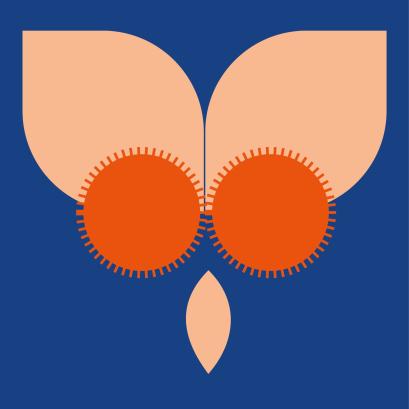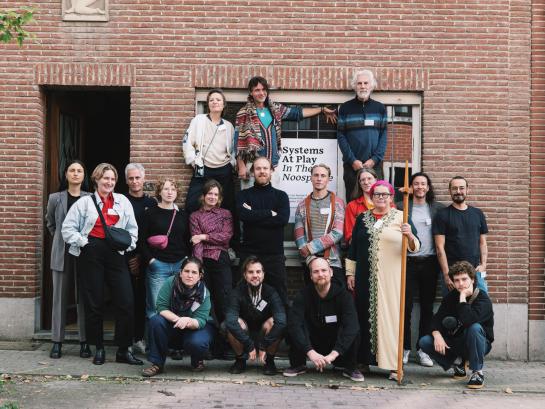NEW LARGE RESEARCH GROUP CLEA-CLPS
From 2024, the VUB research centres CLEA and CLPS (the Centre for Logic and Philosophy of Science) have been integrated into a large research group, called CLEA. Prof. Karen François is appointed head of the group (director), Prof. Francis Heylighen is the contact person for research (research director). You can consult the new directors team here. For the time being, both CLEA and CLEA-CLPS will continue to communicate through their existing websites and communication channels.
DEEP INTERDISCIPLINARITY
The Centre Leo Apostel (CLEA) is a transdisciplinary, interfaculty research centre at the Vrije Universiteit Brussel (VUB). CLEA’s mission is to bridge the different scientific, social and cultural disciplines. It was founded in 1995 under the impulse of the Belgian philosopher Leo Apostel (1925-1995). He formulated the goal of CLEA as the integration of the different disciplines into a coherent worldview, so as to counteract the current fragmentation into ever more specialized approaches. Next to worldviews, our research addresses fundamental interdisciplinary issues, including complexity, systems, evolution, quantum entanglement, cognition, artscience and well-being.
We call our research philosophy "thinking beyond boundaries". Thanks to this philosophy, CLEA has attracted and trained a large number of talented researchers from the humanities, social sciences, physical sciences and engineering, representing countries from across the globe. CLEA is now internationally recognized as a unique, transdisciplinary research centre with a steady output of high-level, innovative publications.
Next to our research, we offer diverse educational programs and activities, including an interdisciplinary PhD, the School of Thinking postgraduate, courses, and public seminars and lecture series.
Upcoming events
News

School of Thinking: Open-door session, Monday 8 September, 2025
Final weeks! As the 2025–2026 academic year approaches, we would like to put the School of Thinking Edition Tau back on your summer radar.

